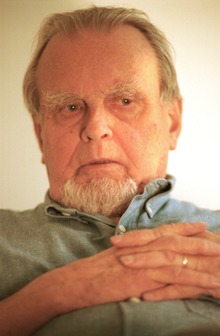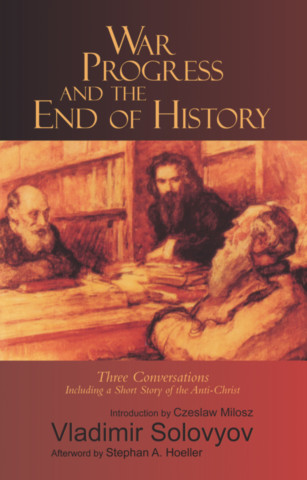Czesław Miłosz
About
Czesław Miłosz (1911–2004) was a Polish-American poet, prose writer, translator, and diplomat. Regarded as one of the great poets of the twentieth century, he won the 1980 Nobel Prize in Literature. Miłosz survived the German occupation of Warsaw during World War II and became a cultural attaché for the Polish government during the post-war period. When communist authorities threatened his safety, he defected to France and ultimately chose exile in the United States, where he became a professor at the University of California at Berkeley. His poetry—particularly about his wartime experience—and his appraisal of Stalinism in a prose book, The Captive Mind, brought him renown as a leading émigré artist and intellectual. Throughout his life and work, Miłosz tackled questions of morality, politics, history, and faith. As a translator, he introduced Western works to a Polish audience, and as a scholar and editor, he championed a greater awareness of Slavic literature in the West. Faith played a role in his work as he explored his Catholicism and personal experience. Miłosz died in Kraków, Poland, in 2004. He is interred in Skałka, a church that is known in Poland as a place of honor for distinguished Poles.

Author's Books
War, Progress, and the End of History
Three Conversations, Including a Short Story of the Anti-Christ
Introduction by Czesław Miłosz
Afterword by Stephan Hoeller
Translated by Alexander Bakshy
Revised by Thomas R. Beyer


